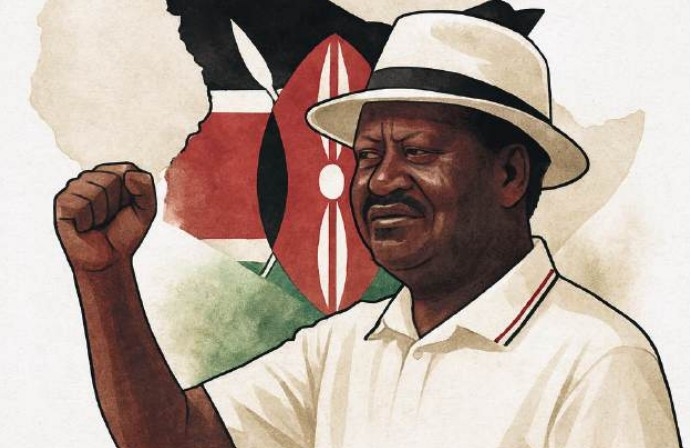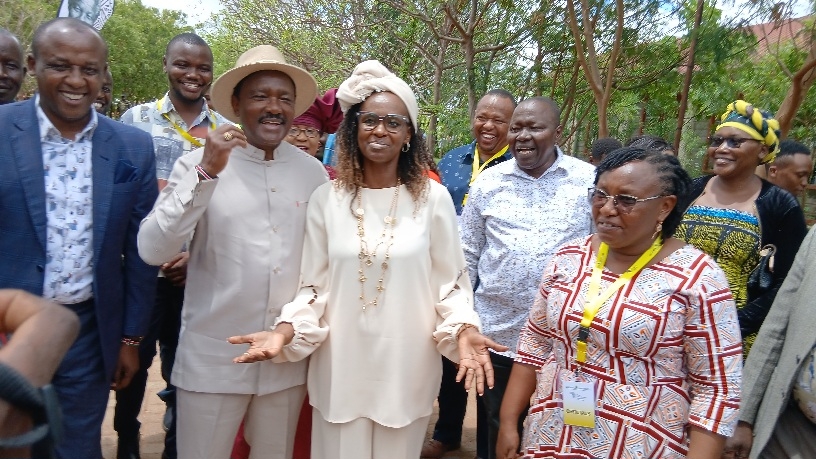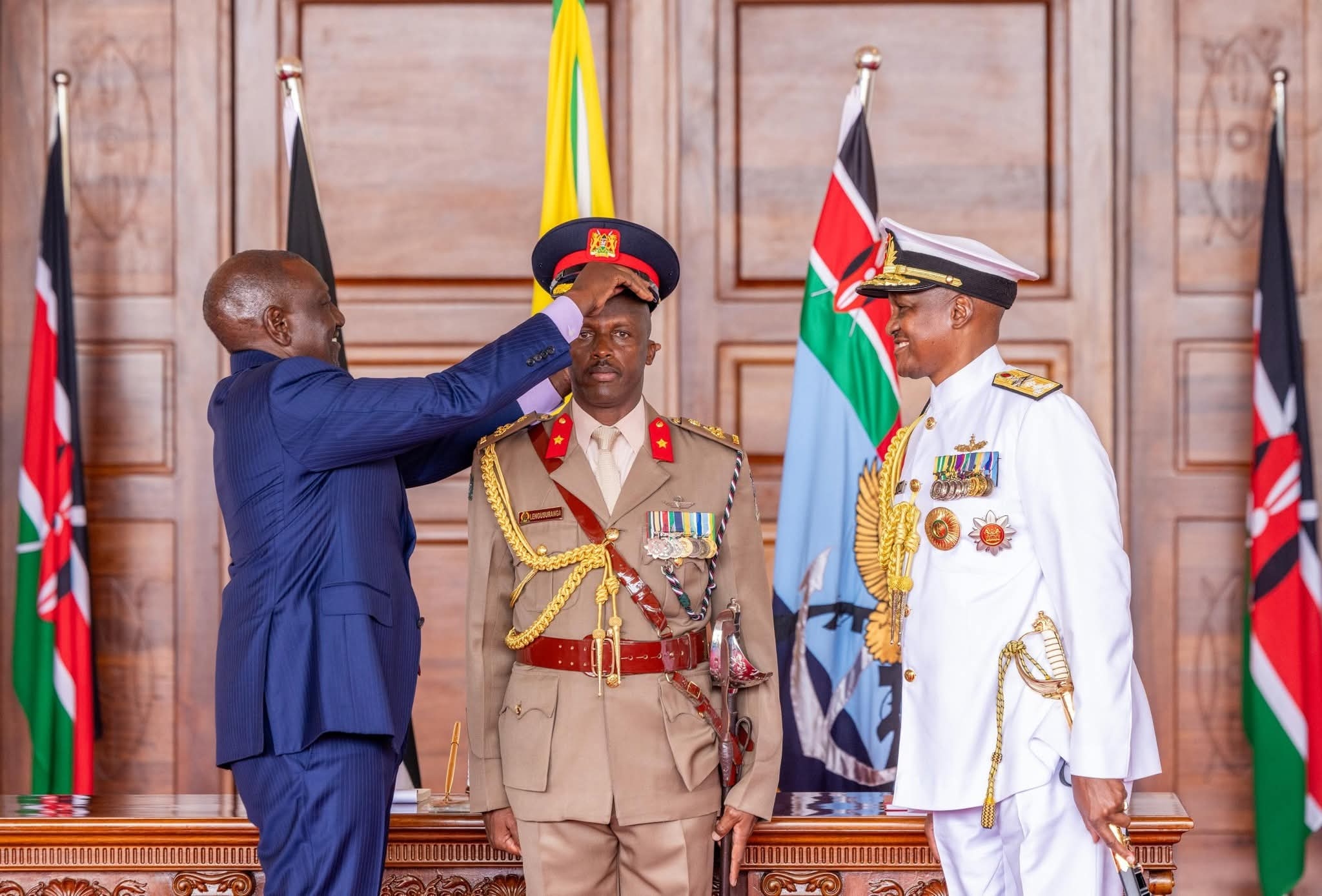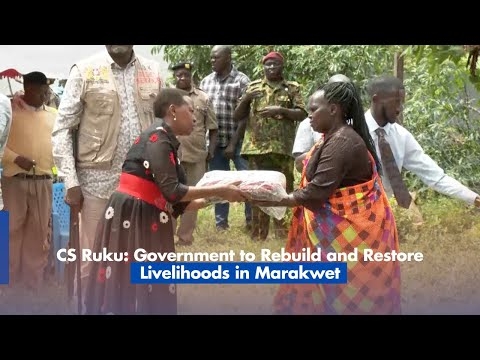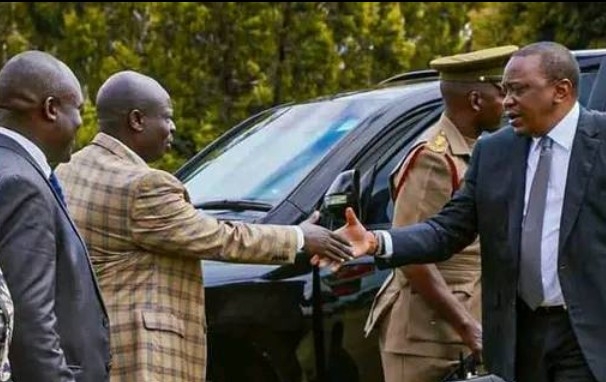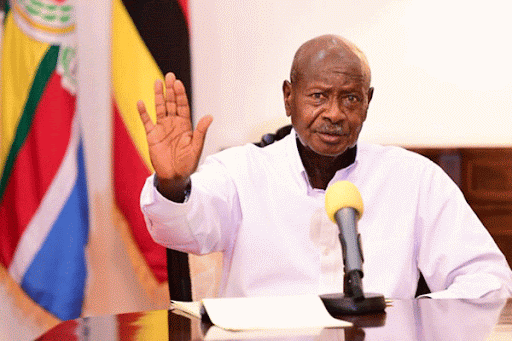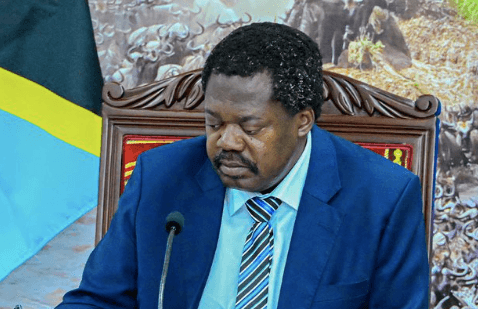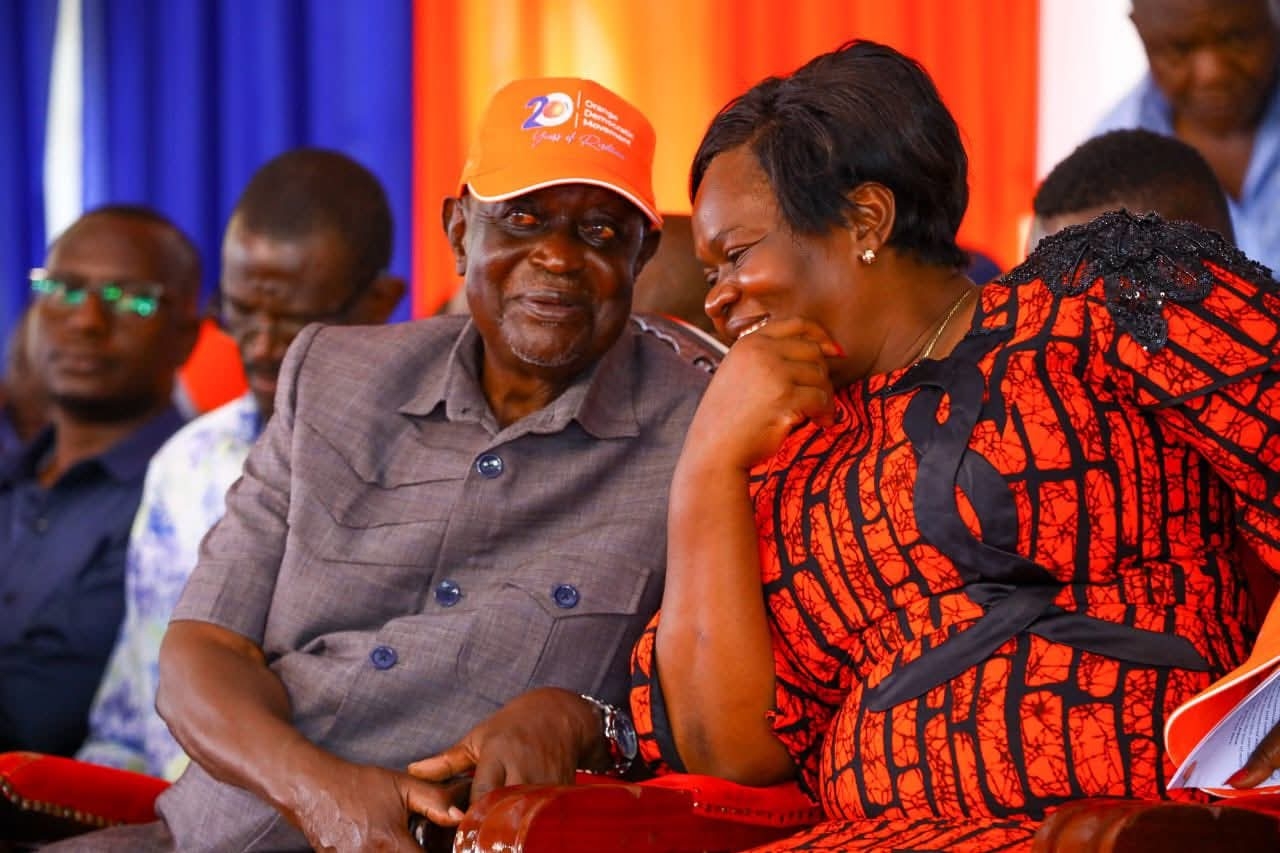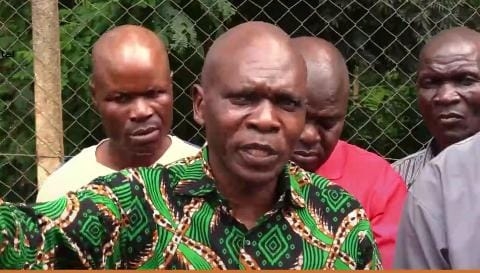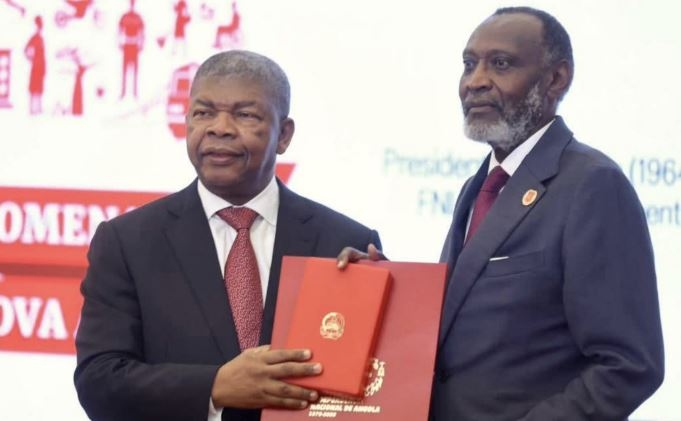
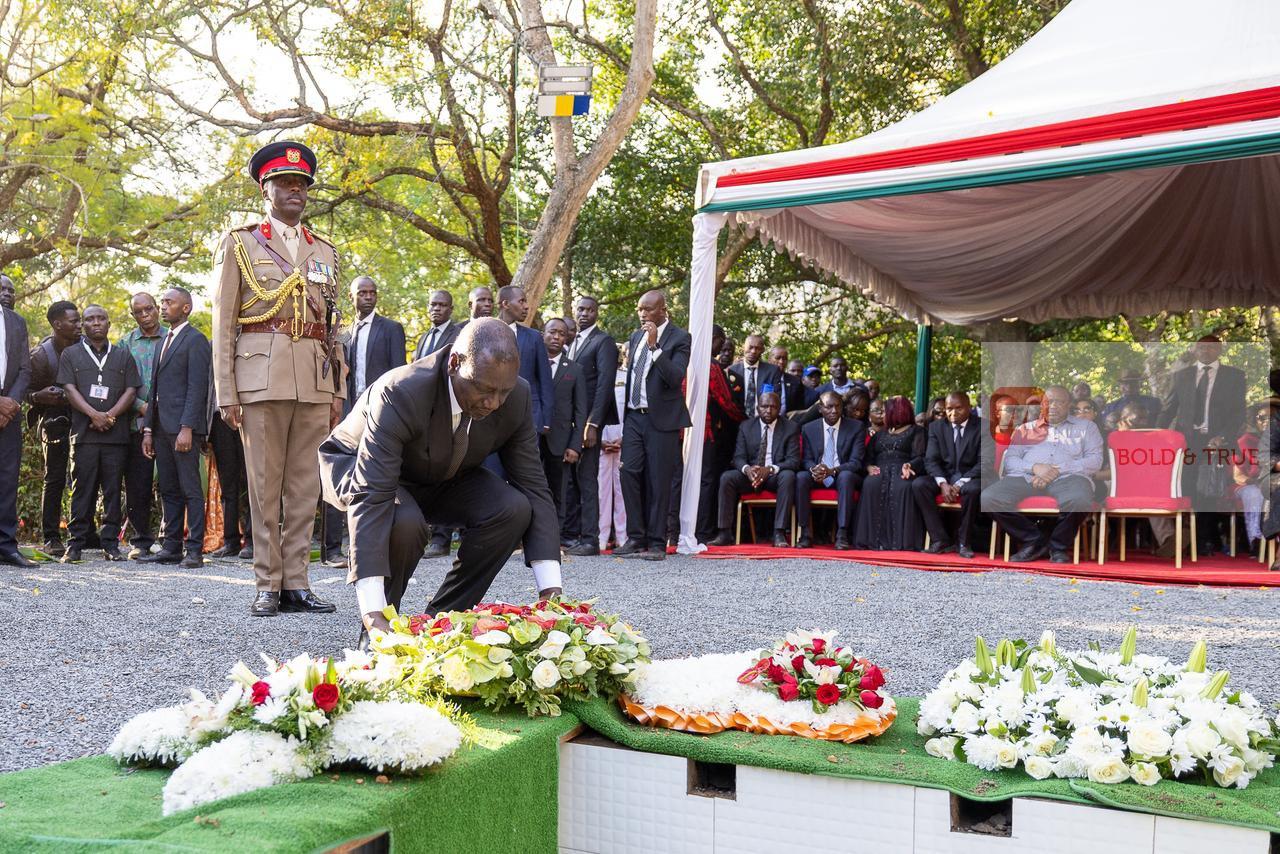
A slow procession of visitors makes its way to Kang’o Ka Jaramogi in Bondo—the ancestral home of one of Kenya’s iconic political families and the resting place of the late Raila Odinga.
The first sight that greets visitors is the towering mausoleum of Jaramogi Oginga Odinga, Kenya’s first Vice President
A few metres away lies the fresh grave of his son, Raila, the man many fondly called Baba.
A steady stream of mourners and admirers arrives—some clutching flowers, others whispering prayers or patriotic songs.
“Visiting here feels like connecting with Kenya’s history,” said a visitor from Kisumu holding a small Kenyan flag.
“Raila fought for democracy. Being here reminds us what sacrifice looks like.”
Since the former Prime Minister’s passing on October 15 and his state funeral on October 19, the compound has transformed into a place of reflection, remembrance and pilgrimage.
The funeral, attended by President William Ruto, opposition leaders, governors, senators, Luo elders, and foreign dignitaries, drew thousands to Bondo.
Today, the flow of visitors has barely slowed.
Mama Ida Odinga has continued to receive mourners beneath a large white tent, welcoming visitors from all walks of life—from Mombasa to Garissa and even from Uganda and Tanzania.
Security personnel move with quiet precision, guiding mourners in and out, as family members ensure order. Yet the atmosphere remains deeply human — reverent but not rigid.
From dawn to dusk, convoys of vehicles from across the country make their way into the compound, telling the story of a man whose legacy continues to unite the nation even in death.
Former President Uhuru Kenyatta also condoled with Ida.
“Raila’s contribution to Kenya’s democracy, peace and unity can never be erased,” Uhuru said.
On Thursday, Wiper leader Kalonzo Musyoka led a big delegation including Machakos Governor Wavinya Ndeti and Makueni Governor Mutula Kilonzo Jr.
Kalonzo took 100 bulls—signifying his strong friendship with Raila.
The group laid a wreath of white roses and observed a moment of silence.
“This is not just a political loss — it’s a personal one,” Kalonzo said. “Raila taught us resilience and sacrifice. His vision will continue guiding this nation.”
Ghana's ex-President Nana Akufo-Addo has also made the trip.
Delegations from Western Kenya— Kakamega, Bungoma and Busia—have also paid tribute, some singing Luhya dirges.
They described Raila as a brother and friend, recalling his frequent visits and unwavering support for their communities.
Apart from politicians whose visits are usually grand, business tycoons have also visited the home to pay their respects and condole with Raila's family.
Last week, Mombasa businessman Mohamed Jaffer, a long-time friend of Raila’s, visited Bondo as did corporate chiefs such as Safaricom CEO Peter Ndegwa.
Kano elders, dressed in traditional regalia, came bearing gourds of milk and sugarcane stalks—symbolic gifts of peace and honour.
“Wuod Jaramogi, your voice still echoes in our hearts,” one elder said while pouring milk beside the grave in a traditional blessing.
There was a light moment when a group of Arsenal fans from Kisumu, dressed in red jerseys, stood at the grave in tribute.
“Baba was one of us. He lived passionately, whether in politics or football,” one said.
For locals, Kang’o Ka Jaramogi is more than a gravesite. It is a living museum of Kenya’s political journey—a place where history breathes and where generations come to draw lessons from two men, father and son, who shaped the nation’s conscience.
“The Odingas’ home has always been a place of history,” said a university student from Kisumu. “Now it’s also a classroom of courage—where future generations will learn what it means to fight for a just Kenya.”


